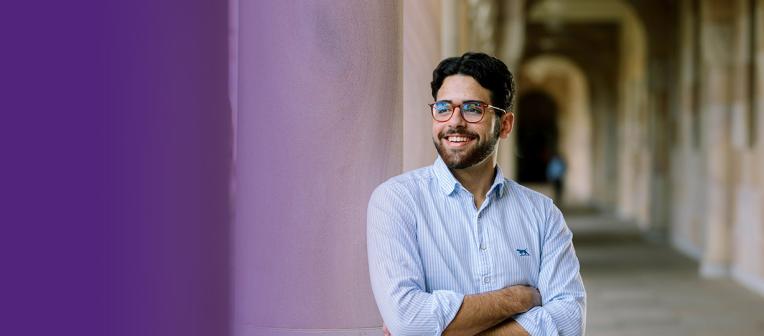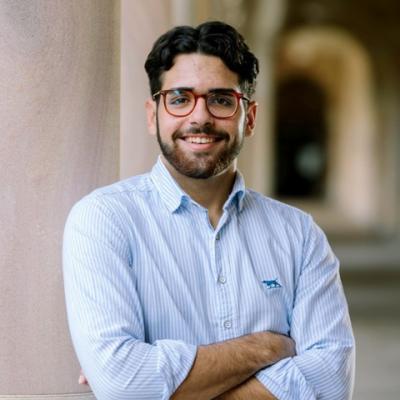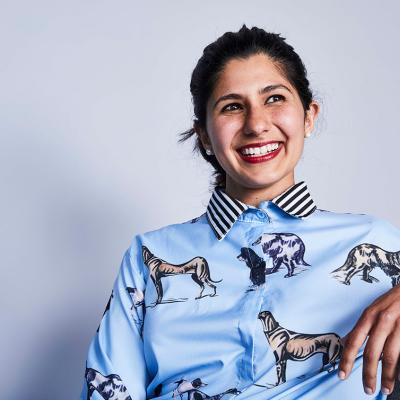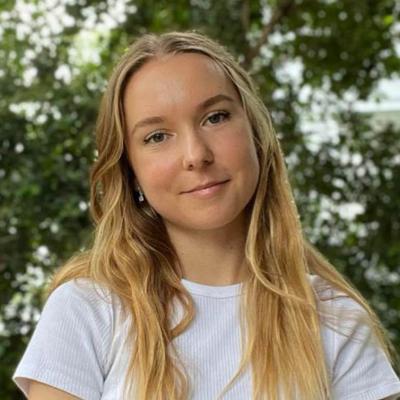The University of Queensland’s School of Economics community is made up of individuals who care about making real societal changes, nationally and globally.
They look at every aspect of the world around them: from climate change to pandemic planning, racial discrimination to gender inequities in education, and business development to healthcare. Using their data analysis skills, they identify shortfalls where they can make improvements to the benefit of all.
Jackson Daylight, a Nughi man from Quandamooka and a recipient of the Economics Undergraduate Indigenous Scholarship, is one such student eager to use higher education as a tool for change.

Jackson's journey so far
Growing up in Ipswich, Queensland, Jackson was an athletic kid who enjoyed playing rugby and volleyball. While he didn’t quite know what he wanted to study after high school, his natural affinity for analytics and critical thinking sparked his interest in UQ’s Bachelor of Commerce / Bachelor of Economics dual program.
“Higher education represents steppingstones to empowering our people,” says Jackson.
“It’s about opening doors and increasing our voice with a varied skillset.”
Jackson believes it’s a huge misconception that economics is all about profit and power.
“Economics is actually able to drive change by challenging social statuses and enhancing wellbeing,” he says.
“I see it as a pathway to help people.”
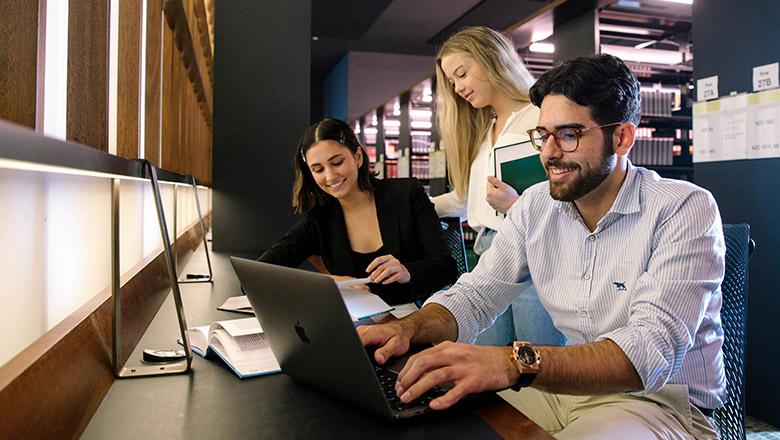
Jackson's ambitions for the future
Today, Jackson is 2 years into his program and is more driven than ever to use his economics knowledge to help reduce inequities across diverse communities.
“There are inequalities across our communities due to a lack of representation of Indigenous peoples – something needs to change,” he says.
“As an Aboriginal man, I’d like to use my education to improve this representation and empower my people. I want to go into an area of Indigenous economics, and work with Aboriginal communities to support the development of those areas."
“It’s a really big passion of mine to give back to my people.”
Jackson is inspired by the way economics can influence positive change at a government level.
“Economic theory is able to support contemporary calls for action in real terms, such as the Uluru Statement from the Heart, by creating pathways that promote unity,” he says.
“If we want them to listen to us, we need to provide a voice of reason backed by economic validity and society understanding.”
By embarking on a career in economics at UQ, Jackson’s able to better understand the interconnectedness of the world around him. This knowledge and insight will not only be useful to address national and global challenges, but it’s also essential to make a positive and lasting change.
UQ’s School of Economics is working to develop a new generation of Aboriginal and Torres Strait Islander Economics graduates by funding scholarships for every level of study, as well as creating a welcoming and supportive environment for students in partnership with the university’s Aboriginal and Torres Strait Islander Studies Unit.
Discover what else you can do with a background in economics

